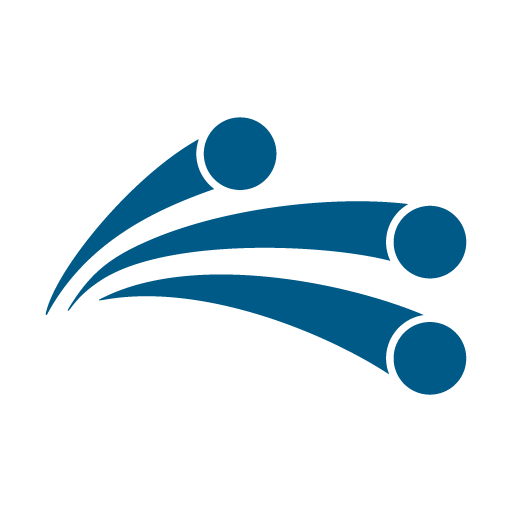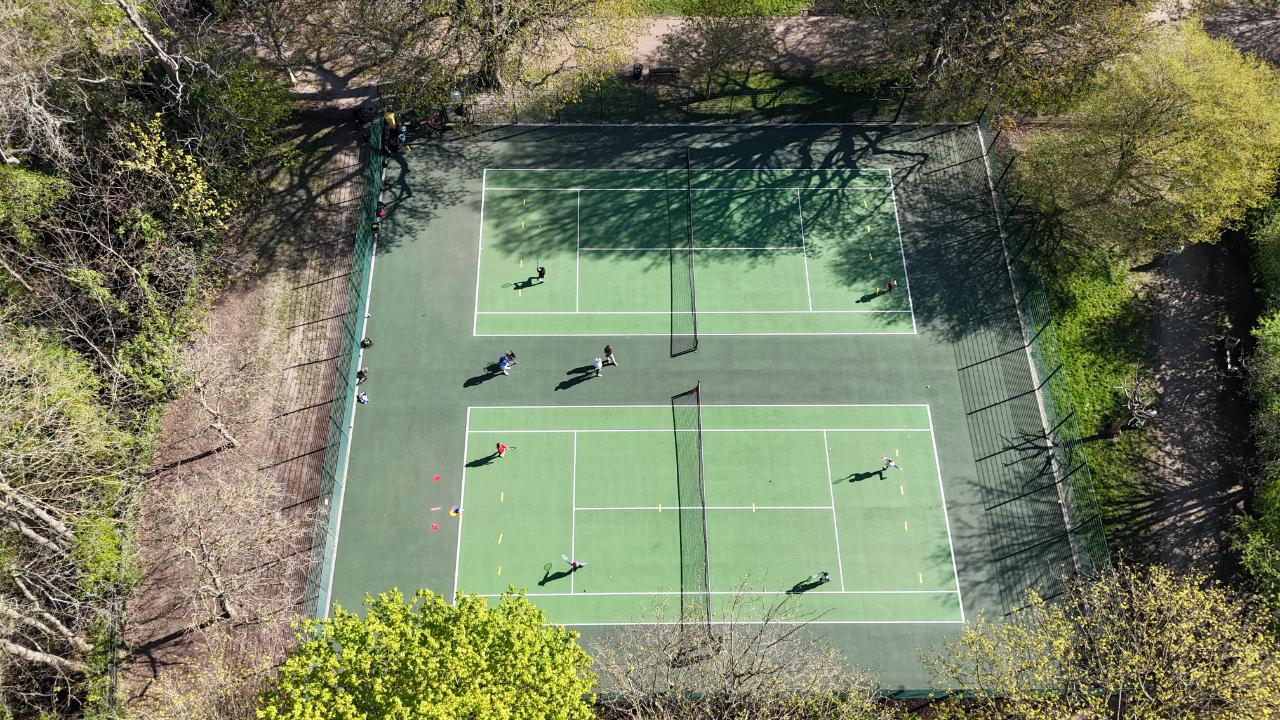It’s Grand Slam season! Pick up some match-play tips here



In May’s blog: SELT’s coaches and community share how to own the baseline, join a tennis league and stay fit through illness.
May 12-18 is Mental Health Awareness Week – look out for the green T-shirts –and this year’s theme is community. Which is a perfect match for SELT and our belief in tennis for all. As the Mental Health Foundation (MHF) says, people who are more socially connected to family, friends and community are happier, healthier and live longer, with fewer mental health problems. Making connections on the tennis court has recently been shown to reduce symptoms of depression, according to Frontiers in Psychology (and that’s on top of the well-known mental health benefits of exercise).
SELT always has a friendly vibe, but if you’re new to the area or want to expand your social circle, you might particularly enjoy one of our welcoming social play sessions at Ladywell. These run in the evening on Tuesdays (Beginner Plus to Intermediate) and Thursdays (Intermediate Plus to Advanced), and in the morning on Thursdays (women) and Fridays (players over 50). In honour of Mental Health Awareness Week, we’re offering the first ten people to book with the code Social20OFF a 20% discount.
Roland Garros kicks off the summer Grand Slam season in Paris on May 25. It’s played on clay, whose slower bounce makes for wily tactical rallies from the back of the court . Here, SELT coach Michael Raphael with Ali Robinson explains how to be positive and patient from the baseline by using topspin and hitting high over the net.
So how about playing some competitive tennis of your own? This brilliant app from Barclays Local Tennis Leagues groups six to eight players of a similar level and helps them arrange to play each other over an eight-week period, chat and track their results. You’ll need to join LTA Advantage at (free) Play level and find out your World Tennis Number level (which isn’t as scary as it sounds). Men’s and women’s singles leagues are running in Lewisham all the way through to November; there’s a small fee for the admin (but you might get some of it back in your winnings!). It’s up to you and your opponent to decide whether to play standard best-of-three sets or FAST4 rules, which shorten matches with the first to win four games taking the set, and no advantage scoring.
The organisers aim to encourage friendly and competitive tennis in the local community, and according to intermediate player Shaun Waller, who joined for the first time last year, that’s bang on. ‘I loved it’, he told us. ‘It was great to play with new people and puzzle out how to beat them’. His tips? If you’re normally a doubles player, practise singles, to familiarise yourself with tactics, patterns of play and movement around the court. And go in with a good level of general fitness: the leagues aren’t age-banded so you could end up playing someone a lot younger and faster than yourself!’
Last year, Wimbledon doubles finalist Gabriela Dabrowski played through treatment for cancer. And several of our SELT players have confided to our coaches that they are doing the same thing. One of them, Eleanor, told us how she been first frustrated and then inspired by medical advice:
‘When you get a cancer diagnosis, you become an instant invalid. People treat you with kid gloves, sometimes even your doctor. Of course, there are some things you can’t do during treatment, but increasingly evidence is showing that exercise helps you through chemo and can even reduce the chances of your cancer spreading or returning [see here]; and then there’s the endorphin withdrawal to consider!
‘After my surgery, I felt that without my cycling and my hiking and my tennis I wouldn’t be me any more, but I was scared to build my fitness up without support, and one visiting doctor basically said that a) I couldn’t expect life to be the same as before and b) as a woman in my 50s my fully active years were over anyway. It was a real body blow, but my own specialist then referred me to the brilliant physios at Guy’s Cancer Centre, and it was uphill all the way from there. It was the usual circuit-training kind of thing, but with a can-do, even sporty attitude. Such a relief not to be patronised any more, and feel like myself again. I can’t do everything I used to but being properly physical is still a big part of my life, and at least my tennis at least hasn’t got any worse!’
Eleanor will be pleased to hear that a major new initiative has launched in the UK to support people with a variety of health conditions to be active, including where possible during treatment. We Are Undefeatable is working with 15 leading charities including Macmillan, Versus Arthritis and the British Heart Foundation to keep people moving at an achievable, accessible level. Tons of great resources include home workouts with the likes of Bill Bailey and Gok Wan and a brilliant app offering personalised advice and videos.
Of course, everyone is different, and every day, too, so do check with your health team, but these exercise suggestions should help you stay healthy through cancer treatment and beyond. Macmillan has great advice here.
🎾 Fatigue is a common side effect, but gentle cardio can help keep it at bay. Try to walk every day, even if just for ten minutes. As you recover, aim for half an hour, which a recent study found improved survival rates by a fifth.
🎾 Yoga helps maintain strength and flexibility and reduces inflammation, which may decrease risk of recurrence and progression. Lots of cancer charities offer gentle follow-along sessions online.
🎾 Breathing techniques can keep anxiety at bay, help with pain relief and teach you how to make effective use of your respiratory system – good for sport, too. Here are Michael Mosley’s recommendations.
May 28 is Menstrual Hygiene Day all around the world. In a year when Heather Watson broke long-outdated taboos and blamed her first-round defeat at the Australian Open on ‘girl things’ we wanted to mention that we have the kit and a smile at hand to help any women and girls at our Ladywell sessions who need support, or just a tampon or pad.
And in honour of Mental Health Awareness Week’s community edition, why don’t you bring a friend!
Website by Dan Stevens